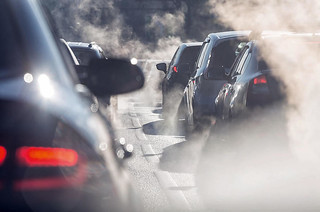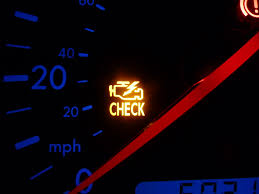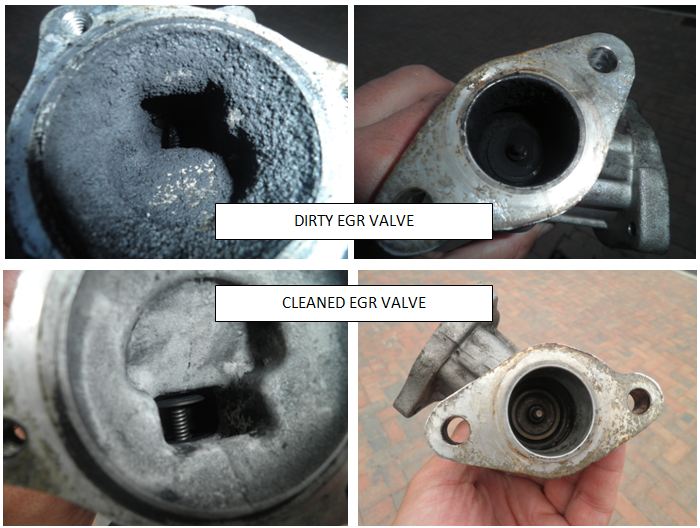Posted on 5/16/2018

Car exhaust smells can be caused by many different things. The exhaust port is an essential part of your car, as it neutralizes the harmful fumes that are produced by the engine. The smells coming from the back end can vary; including odors such as rotten eggs, sickly sweet scents, or smell of un-burnt fuel. These are all signs that something may be wrong, it is essential to bring your car into a shop such as ours. DJ Foreign Auto Care can diagnose these car smells and help fix significant problems in the exhaust or engine. Rotten Eggs A rotten egg smell is due to a chemical compound called hydrogen sulfide. It comes from the small amount of sulfur that is present in the fuel. Usually, the sulfur in the fuel converts to sulfur dioxide, which has no odor. When a catalytic conve ... read more
Posted on 3/21/2018

WHAT IS A BLOWN HEAD GASKET? “Blown head gasket" can be one of the scariest phrases in car culture. At DJ Foreign Auto Care, we know this is true. Even non-car people know the term and know it can be an expensive fix. Let's talk about your conventional head gasket, how to tell if you blew a head gasket, and steps you can take to prevent a blown head gasket. A CLOSER LOOK AT HEAD GASKETS A head gasket is a seal placed between the surfaces of an engine block and the cylinder head(s). It has two purposes: A head gasket, being part of the combustion chamber, helps to contain the combustion process for you to have a functioning engine. The head gasket provides a physical extension of the fluid passages from head to block. The fluids ... read more
Posted on 1/11/2018

A "check engine" or "service engine soon" light can mean many various things, from a misfiring engine to a loose gas cap. Below are the five most common reasons a check engine light will be displayed: 1. Replace the Oxygen Sensor An oxygen sensor monitors the un-burned oxygen from the exhaust. The oxygen sensor monitors combusted fuel. A faulty sensor means it is not providing the right data to your car's computer and causes a decrease in gas mileage. What causes a faulty sensor? The sensor gets covered in oil ash over time and reduces the sensors ability to alter the oxygen and fuel mixture. A faulty sensor not only reduces gas mileage, but it also increases emissions. What you should do Not replacing a broken oxygen sensor can eventually lead to a broken catalytic converter. 2. Loose or Faulty Gas Cap A cracked or loose gas cap will cause the fuel vapors leak out, and can throw the entire fuel system off. A l ... read more
Posted on 1/9/2018

Winter car starting can be challenging on cold winter mornings. There are four reasons we believe why the cold weather makes it harder to start cars: 1. Batteries hate the cold Cold weather and car batteries do not mix, making winter car starting more difficult. Chemical batteries produce less current when it is cold — sometimes a lot less. At DJ Foreign Auto Care, we recommend changing it every three years, though you could get away with five years, depending on how much you drive and how you drive. Make sure the battery cables aren't disconnected. With your engine off, check if the cables can slip free from the nodes. Tightening the nut is an easy job and can save you from a mid-drive battery loss that would require you to get out of your car and take off your gloves. Check for corrosion. If there is a white powder around the nodes and/or clamps, it could be a sign of corrosion. If you can't get a new battery, we recommend cleaning the nodes and ... read more
Posted on 12/14/2017

What is an EGR valve? The EGR valve is a small component, invented to allow the flow of exhaust gases into the intake manifold in controlled amounts. It is a simple valve that closes and opens as needed. The EGR valve has one job to do. Its role is to either open and direct exhaust gases into the combustion chamber or to close and keep the gases from entering. When your car engine starts, the valve becomes active and remains in a closed position, barring the flow of exhaust gases. Once the engine reaches working temperature and speed is increased, the valve — either through a vacuum or electronic control — increasingly opens, allowing burned exhaust gases to enter and combine with the air-fuel mixture inside the combustion chamber. If you slow down or come to a stop, the valve progressively closes and blocks the flow of exhaust gas. The process continues for as long as the engine is running. When the engine is off, the EGR valve closes and remains so. The EGR valve has ... read more